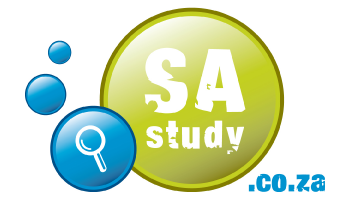The government’s voluntary HIV testing and counselling campaign – First Things First – has reached at least 21 000 tertiary students at 17 universities across the country since its launch in Johannesburg on Valentine’s Day, 14 February.
The campaign was aimed at encouraging first year students in tertiary education to get tested for HIV and know their status by the end of June 2011. About 12 000 of those who got tested were doing so for the first time.
When being tested, the students had to pledge to know their status, stop the HIV/Aids stigma and contribute to the struggle against HIV/AIDS. First Things First sought to sustain the government’s broader voluntary HIV counselling and testing campaign, put appropriate information about HIV into a student context, and ultimately help change behavioural patterns.
At its launch, Health Minister Aaron Motsoaledi said the campaign was devised to help students as future leaders to be responsible, get tested for HIV, know their status and commit to responsible behaviour that would benefit themselves and their peers.
It was spearheaded by Innovative Medicines of South Africa (IMSA) in collaboration with the Foundation for Professional Development and Pepfar, the US President’s Emergency Plan for Aids Relief. It was endorsed by the ministries of Health and Higher Education.
Val Beaumont, the executive director of IMSA, said the campaign’s short-term objective was to test at least 35 000 first year students by March. “We are very excited about the achievements of the campaign so far,” he said.
“Other achievements include the fact that we have developed a model for mobilising HIV testing campaigns which can be used for a broader student population. We have also created a highly effective network between different testing partners and encouraged the building of relationships between different stakeholders,” Beaumont explained.
Although the campaign was aimed at first year students, the response was such that students in other years also got tested. “We are currently in the planning phase to extend the campaign to reach students at all levels in the future,” he said.
Johan van Zyl, the president and chief executive of Toyota South Africa Motors, who gave away the car, said the company appreciated education. “We were proud to be included in this initiative as it directly addresses the future of our youth in an environment where they are receptive to this message,” he explained.
Students at each participating university also received incentives in the form of laptops and cellphones. Van Schaik Bookstore also donated book vouchers to each campus.
Sister Goosen of the Nelson Mandela Metropolitan University said the campaign was “great”. “Even if it was very hard work, we must do it again with all stakeholders involved. We reached a huge number of people and would not have been able to do this on our own without the collective support,” she said.
Image cred: strategiceducationcenters.org
Article by Joburg.org.za
